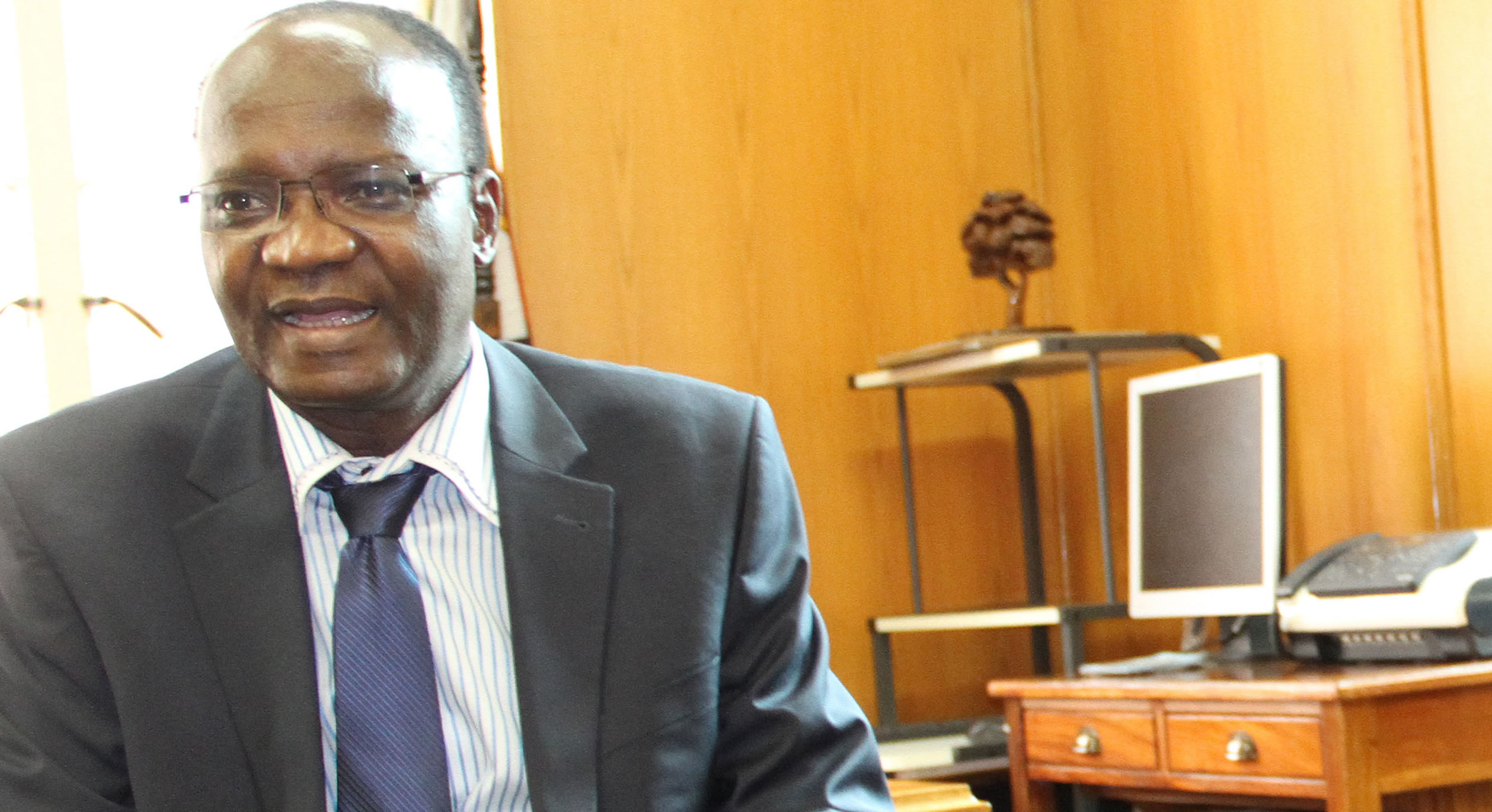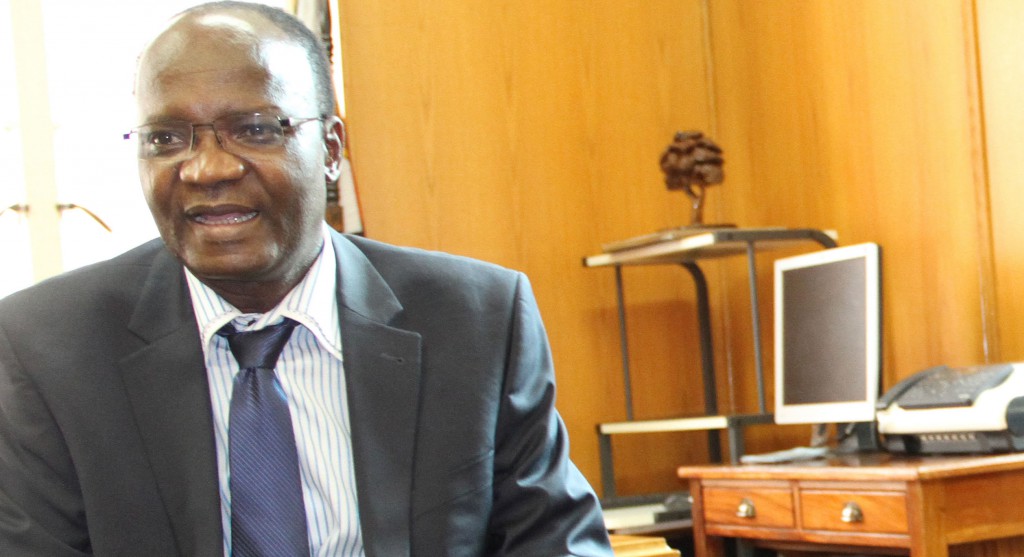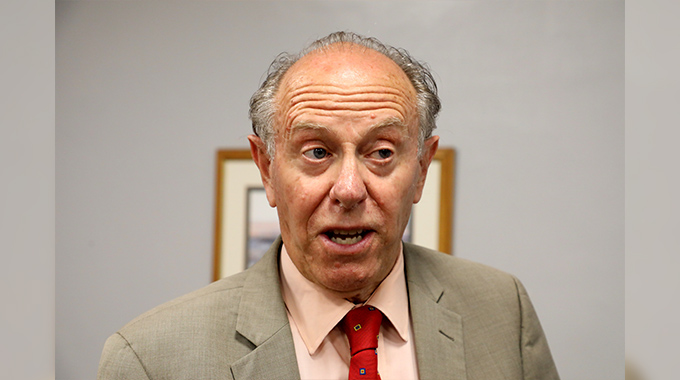Editorial Comment: Indigenisation policy review to boost investor confidence

INVESTORS need policy clarity to ensure that their outlays are secure. The current liquidity crunch hampering the implementation of the Zimbabwe Agenda for Sustainable Socio-Economic Transformation can be overcome if the country attracts sufficient Foreign Direct Investment to oil the wheels of the economy. Besides sanctions which have virtually made the Zimbabwean economy “scream”, the country has suffered from a negative perception which has scared away investors.
Lack of clarity regarding certain policies such as the indigenisation and economic empowerment drive has also contributed to the reluctance by international financiers to invest in the country. The risk factor associated with Zimbabwe has also meant that the country has not been able to access crucial lines of credit and cheap offshore financing at a time when the economy is in dire need of a massive cash injection.
We are glad that the government is being proactive and is moving quickly to address the situation. By fine-tuning the Indigenisation and Economic Empowerment Act to clarify recent changes which seek to facilitate sector-specific implementation that retains 100 percent ownership of resources in the hands of indigenous Zimbabweans while allowing investors to recover their initial capital investment, government is stimulating confidence in the economy. And the fact that investors will receive an appropriate return on their investment and recoup operational costs assures them of security of their outlays and a stable operating environment.
Announcing the proposed changes at the weekend, Information, Media and Broadcasting Services Minister Professor Jonathan Moyo told The Sunday Mail that the Production Sharing Model (PSM) and the Joint Empowerment Investment Model (JEIM), had been identified as the foremost vehicles through which the indigenisation policy would now be implemented. PSM is a broad cover for an assortment of production sharing agreements signed between governments and extraction companies concerning how much of a resource extracted from the country each will receive.
The agreements are popular in the oil-rich Middle East. Following this model, Zimbabweans would retain 100 percent ownership of mineral resources and agricultural land. Investors will be allowed to recover their initial capital investment, an appropriate return on investment and operational costs before the sharing of production outputs or profits.
Under the JEIM, outside mining, agriculture and particular tourism investments, locals will be encouraged to enter joint ventures as a way of generating capital to build wholly Zimbabwean-owned enterprises. What this basically means is that government is moving away from demanding equity in foreign-owned companies exploiting natural resources in the country towards a model that insists on total control and ownership of all sub-soil assets. For this it will need trustworthy international partners who will come in with the much-needed capital to turnaround the economy by stimulating extraction of mineral resources.
What is crucial is that government has identified two models — the PSM and JEIM — as the vehicles to drive this new policy direction and we are confident that they will succeed because they have a proven track record. They have been successfully applied in the Middle East and Latin America in oil and gas resources. Further, by getting rid of the blanket approach contained in the current Indigenisation Act and advocating a sector-specific approach, government is saying it recognises that all sectors have different thresholds and circumstances.
This policy clarification will also give it breathing room and allow Treasury to concentrate on other pressing matters instead of investing scarce resources in expensive and risky ventures that are better left in the hands of contractors with the requisite expertise and capital.
It’s a win-win situation since government retains 100 percent ownership of resources, does not invest anything in the venture, there is accelerated production of minerals to the benefit of the economy and employment will be created due to significant growth in the extractive industry. The government will make money from its resources while the investors will get a return on their capital outlays.













Comments